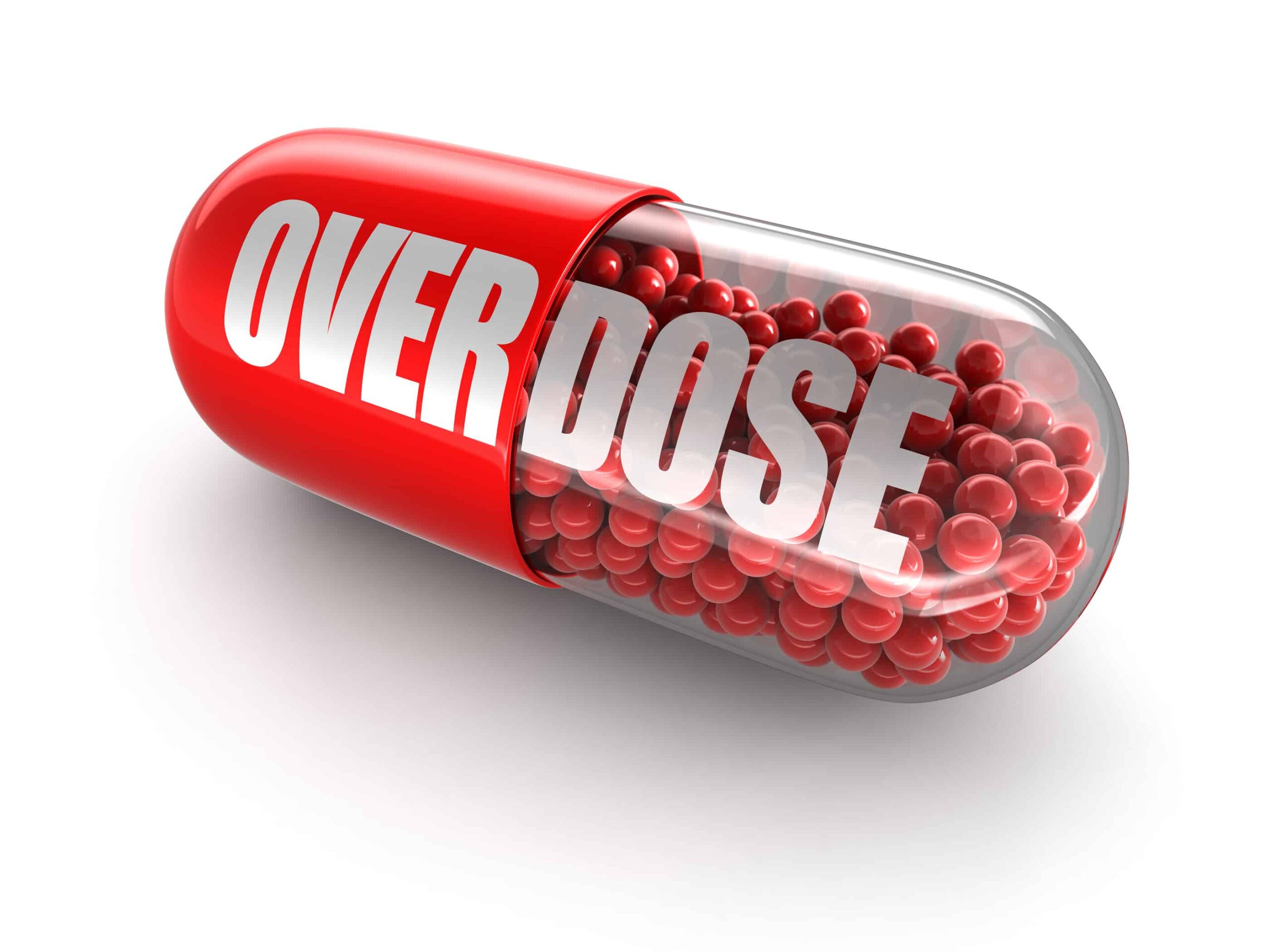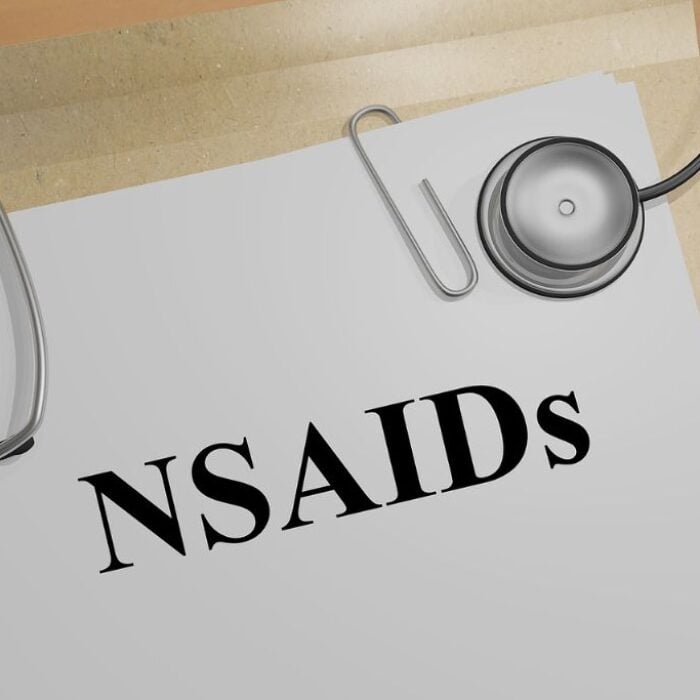Former opioid users have a lot to be proud of: they have successfully made it through a challenging withdrawal process and learned how to cope with an opioid-free life. However, people in recovery remain vulnerable to future relapse — and that relapse can lead to an accidental overdose, which can be deadly.
Recovering opioid users who relapse have a higher risk for accidental overdose during relapse. Understanding the physiological basis for this higher overdose risk can help those struggling with opioid use get the type of treatment that will help them avoid relapse and live a healthier, drug-free life.
Understanding Tolerance
Chronic use of any psychoactive substance, even a chemical like caffeine, can lead to tolerance. Physical tolerance refers to your body’s diminished response to a certain drug over time. The first time a person uses opioids such as prescription painkillers or heroin, the drug molecules cross the blood-brain barrier and enters the brain. Once there, they bind to opioid receptors and elicit a powerful response. This causes the “high” you experience, which may include euphoria, numbness, and a “blissed out” feeling.
Why Does Opioid Tolerance Occur?
As a person continues to use opioids, the drugs continue to bind to receptor sites. However, the brain becomes less responsive to the presence of the drug. Essentially, your brain adapts to the presence of opioids as the new normal. The drug receptors respond less strongly to opioid molecules. There is also a change in cellular signaling, causing neurons to become less excitable. Furthermore, the levels of certain brain chemicals may change, preventing signals from being transmitted as actively.
These physiological changes collectively cause your response to the same dose of opioids to become lower and lower over time. You may notice that you need to use opioids more often or in larger amounts than you did before. This increased need for the drug occurs because your body has developed a physiological tolerance to opioids.
Upon entering treatment for opioid abuse, many people have developed a relatively high drug tolerance. After stopping the use of opioids, your body goes through withdrawal syndrome. The withdrawal process is a set of distressful physical symptoms that occurs as your body adjusts to no longer having opioids present.
Medical detox protocols can help to cleanse opioids from the brain’s receptors, accelerating the detoxification process. After a complete opioid detox, several different organs gradually adjust to the absence of the drug. Brain chemicals re-balance, and cellular signaling returns to normal. As a result of this new physiological adaptation, people in recovery become way less tolerant of opioids than when using drugs.
The Association of Relapse and Accidental Overdose
After being opiate free for a period of time, your tolerance slowly returns to where it was before you started using drugs in the first place. However, people that have suffered from opioid addiction in the past may have difficulty maintaining sobriety during emotionally difficult circumstances. The desire to numb emotional pain often causes powerful drug cravings, which cause some people to relapse.
Relapse can be incredibly dangerous, especially as tolerance to opioids becomes much lower than when a person was using drugs. Unfortunately, this difference intolerance is not immediately detectable to the relapsing individual. As a result, many people who relapse resume using the same dose as before they underwent detox.
Suddenly, the brain is flooded with a huge quantity of opioids despite its relatively low tolerance. This is what usually causes dreadful accidental overdose. Because the brain is no longer used to getting a high dose of opioids, it responds very strongly to the drug. Respiration and cardiac activity can slow to alarming rates, causing an overdose, which can be deadly.
Preventing Relapse and Overdose
It is essential for people who have struggled with opioid addiction to recognize their vulnerability to relapse and overdose. It is still important even after they have maintained a period of sobriety. According to the National Institute for Drug Abuse, an estimated 40 to 60% of people treated for substance use disorders eventually relapse. Some of these alarming rates might result from the absence of individualized diagnosis and inadequate post-detox psychological care.
The best way to prevent opioid relapse is to undergo detoxification from a qualified center that offers scientifically based treatment for physical cravings and assists with an individualized emotional diagnosis. For instance, undergoing medical detoxification helps patients make it through the challenging opioid withdrawal phase, which allows for a more accurate psychological assessment.
A medical detox or rapid detox also allows patients to commence an opioid blocker such as Naltrexone, which minimizes the carvings that are often the culprit of a life-threatening relapse. The combination of receiving the necessary medical and psychological support after opioid detoxification puts individuals in a much better position to succeed and learn how to maintain a drug-free life.
Source
Drugs, Brains, and Behavior: The Science of Addiction, National Institute on Drug Abuse. Retrieved on 01/30/2017.
Mechanisms of Tolerance and Dependence, National Institute on Drug Abuse. Retrieved on 01/30/2017.














